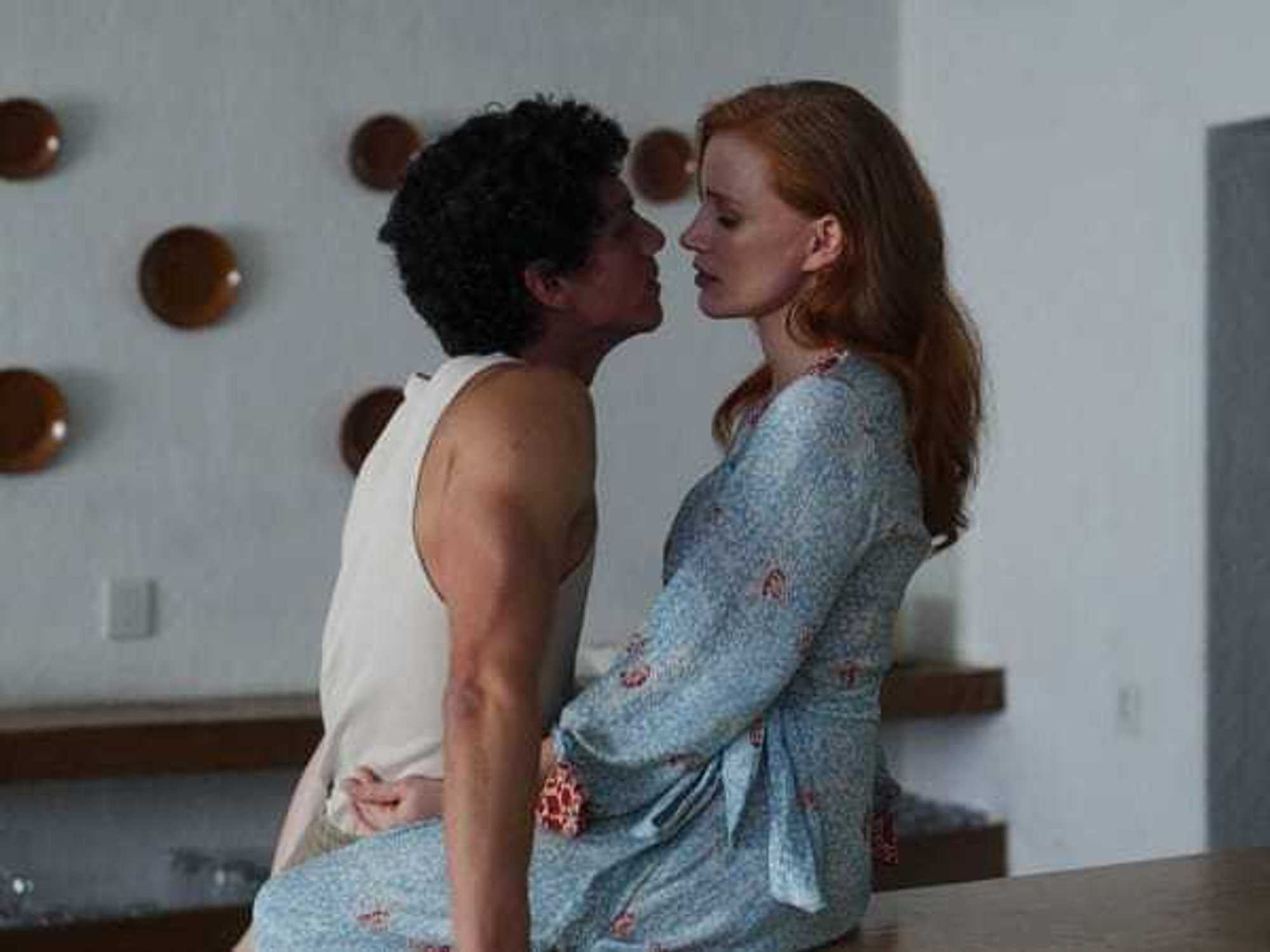At Jones Hall
The real history behind FELA! The Musical: Nigerian military brutality molds anAfrobeat protest
 Melanie Marshall and Sahr NgaujahTheScoopLA.com
Melanie Marshall and Sahr NgaujahTheScoopLA.com The 1977 release of the politically-charged Zombie album marked a turning pointin Kuti's career in both music and politics.AllMusic.com
The 1977 release of the politically-charged Zombie album marked a turning pointin Kuti's career in both music and politics.AllMusic.com Paulette Ivory and Sahr Ngaujah in Fela!Photo by Tristram Kenton
Paulette Ivory and Sahr Ngaujah in Fela!Photo by Tristram Kenton Fela! runs through this Sunday at Jones Hall.
Fela! runs through this Sunday at Jones Hall.
After the 1977 release of his scathing anti-government album Zombie, West African music legend Fela Kuti found himself in the sights of the Nigerian military, which offered its own critique of the popular record by sending more than 1,000 soldiers to destroy the musician's studio compound as well as his infamous Lagos nightclub, The Afrika Shrine.
Barely surviving the beatings from militants, Kuti soon discovered that his mother had been thrown from a window. Weeks later, she would die from her injuries.
Having opened Tuesday night at Jones Hall, FELA! The Musical explores Kuti's precarious existence during the late 1970s as he balanced his acclaimed career as a musician with an ever-strengthening political and social awareness.
CultureMap spoke with actress Melanie Marshall, who plays Kuti's mother Funmilayo Ransome-Kuti in the production, to hear more about the musician's life and the role of his mother before and after the violent government raid.
"The show picks up just a couple months after his mother's death after falling from a two-story window," she said, noting that the performance covers the years 1977 through '79.
"I play the spirit or ghost of his mom. She's the voice in her son's head or the little tap on his shoulder as he tries to decide whether to leave Nigeria or continue the fight after the incident with the military."
Afrobeat and the Shrine
Fela — brilliantly played by actor Sahr Ngaujah in the musical adaptation — left for London in 1958, giving his mother the impression he would be studying medicine while, in fact, he planned to attend music school. During the 1960s, he would travel throughout West Africa and the United States to search for new musical directions.
"One person told me if he closed his eyes, he felt like he was back at the Shrine. It was such a huge compliment for what we're trying to do with the show."
"His music would become this great seasoned melting pot of jazz, classical, rock and soul," Marshall said. "All of these genres and sounds would come together in a style he called Afrobeat. The music is incredibly infectious with this constant beat . . . When I first saw a clip from the show, I just knew I had to be in it."
The show itself strings together nearly 30 songs to recreate the energy of the original Afrika Shrine at the height of its popularity and influence. Like all good band leaders, Kuti maintains constant interaction with crowd, detailing his struggles with the Nigerian military and his mother's death during and in between tracks.
"Doing this show, I meet people on a regular basis who were either part of the club or knew Fela personally," Marshall said. "They all seem to give the same accounts of what the scene was like in Lagos during the '70s.
"One person told me if he closed his eyes, he felt like he was back at the Shrine. It was such a huge compliment for what we're trying to do with the show."
FELA! The Musical runs through Sunday at Jones Hall with daily evening performances at 8 p.m plus two weekend matinees. Tickets are available online through the Society for the Performing Arts.
